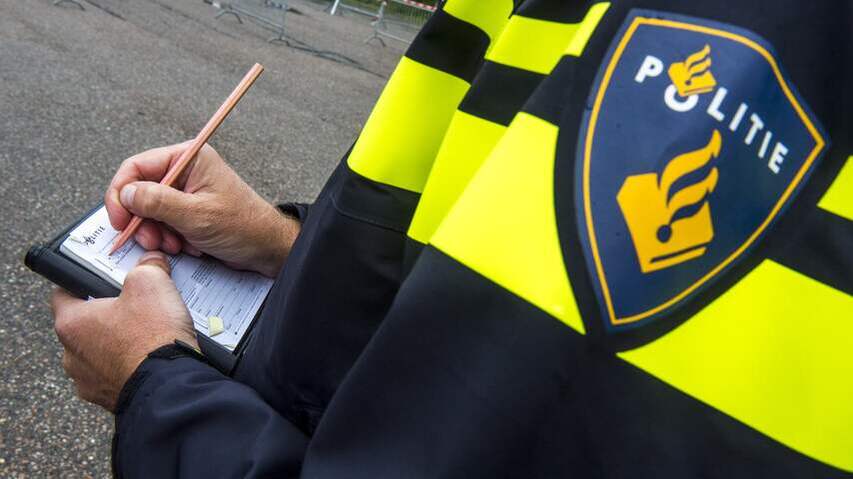
A fine in the mail for speeding or illegal parking when you’re sure it wasn’t you? You’re not the only one: in at least 867 criminal cases, the name of the traffic offender is incorrect. What can you do about it?
If a fine drops on the doormat, it’s always a shock. What did you do? When? And how? But if you then have to determine that you couldn’t have run a red light there on that one road on that day – maybe because your car was at the garage, maybe because you were on vacation – then it’s important to take action immediately.
You can object to fines that you disagree with. For example, because the traffic light was orange, or because the parking meter in your street was broken. Objection is also the only way in the case of a name mix-up. “It would be nice if there were other options for such cases, but that’s not the case,” says Mark Bergers of Boete.nu.
“If you call the Central Judicial Collection Agency and indicate that there must have been a case of mistaken identity, the only thing they can say is that you can file an objection if you do not agree with the fine.” This puts you in a complicated process without wanting to, says Bergers. You might think: if you can prove that it wasn’t you, the fine will be cancelled. But it’s not that simple.
There is always an officer involved who saw the violation happen and, if possible, stopped that person and drew up an official report. The officer fills this in under oath, Bergers explains. This is seen as a legal declaration of the truth and means that it is up to you to prove that the official report is incorrect. “That’s not always easy. Just prove that you weren’t in Amsterdam or Haarlem yesterday.”
Providing proof is not always easy
Bergers was once involved in a case where the woman who allegedly committed the traffic offense could prove that she was in a HEMA store 100 kilometers away at that time. “She had the pin receipt and a statement from a friend who was with her, but that wasn’t enough.”
In the case of offenses involving a vehicle, the license plate holder is often held liable – that depends on the type of offense, says lawyer Sharona Rutjens. Even if you can prove that you were not in the car at that time, it doesn’t really matter. Whether it was your partner, sister, father, or girlfriend: you are the one who pays for the fine. And proving that nobody in your environment was behind the wheel at that time is a lot more difficult.
You must lodge an objection within six weeks of the date on the fine letter. The public prosecutor can declare your objection to be founded or unfounded. That is to say: the fine is either waived or remains in place. If you do not agree with the declaration of unfoundedness, you can go to the subdistrict court. Please note: you must pay the fine, even if you object (and appeal). If you are ultimately proven right, the money will be refunded.
You run the risk of a criminal record
If you have no idea how you can prove that your vehicle was not involved in an offense and you don’t feel like dealing with the legal hassle, you can take the fine for granted and pay it. Even if that feels very unfair, it will at least save you a lot of stress, time and other worries. In the case of a criminal order, you will be disappointed: in that case, you will receive a criminal record for a period of five years.
You will receive a criminal order, for example, for public urination, disturbing public order, serious speeding offenses, committing vandalism, or dangerous driving behavior. “This does not always involve a vehicle and it concerns the person. As a result, it is easier to prove that it wasn’t you,” Bergers thinks. “But you still shouldn’t think too lightly about this.” In this case, paying the fine means admitting guilt.
Report identity fraud
How can your name even become involved in a criminal case? It is possible that an officer misspelled your name. It could also be identity fraud. According to the police, this is the case if someone illegally uses your personal data. For example, a suspect shows a stolen driver’s license. “You must report this to the police,” Rutjens emphasizes. “That can make your objection stronger.”
Bergers always advises enlisting help if you receive such a letter in the mail. The process is too complicated to do it alone. For example, there are agencies that help free of charge or only charge a small fee. This can be useful, especially if you want to be sure that you respond within the set deadline and that you understand the procedure and the burden of proof.
Because however unfair it may be: if you cannot prove in your objection and before the subdistrict court that you are not the person concerned, you will have to pay for the fine.